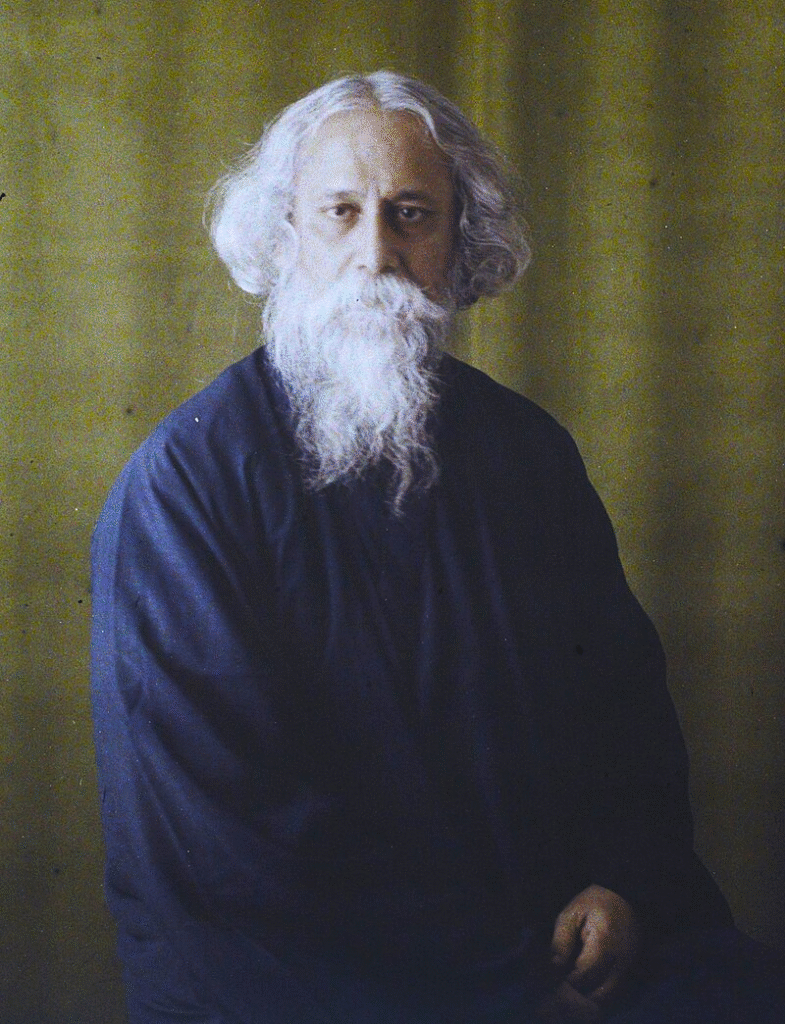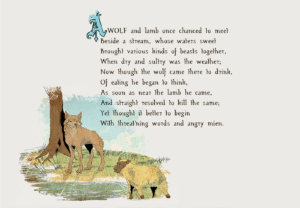“Walk Alone,” a translation of Rabindranath Tagore’s Bengali song and poem ‘Ekla Chalo Re’, is an inspirational message about self-reliance, individuality, and perseverance. The poem urges one to walk their own path, speak their own truth, and ignite their inner strength to overcome obstacles and fears, even when others abandon or fail to support them. The core idea is to embrace solitude not as loneliness but as a source of personal power and enlightenment.
If they answer not to thy call;
Walk alone.
If they are afraid and cower mutely facing the wall;
O thou unlucky one! ,
If they are afraid and cower mutely facing the wall;
Open thy mind,
And speak out alone.
If they turn away, and desert you when crossing the wilderness;
O thou unlucky one! ,
If they turn away, and desert you when crossing the wilderness;
Trample the thorns under thy tread,
And along the blood-lined track travel alone.
If they do not hold up the light when the night is troubled with storm;
O thou unlucky one! ,
If they do not hold up the light when the night is troubled with storm;
With the thunder flame of pain ignite thy own heart,
And let it burn alone.
In 2004, “Ekla Chalo Re”‘s tune was used with Hindi lyrics composed by A.R Rahman and sung by Sonu Nigam in the movie Netaji Subhas Chandra Bose: The Forgotten Hero. In the 2012 Bollywood film Kahaani, it is sung by actor Amitabh Bachchan under music direction of Vishal–Shekhar. Earlier, it was sung by Kishore Kumar, under the direction of Hemanta Mukhopadhyay. It was recorded by Hemanta Mukherjee in 1989.


By Georges Chevalier – https://collections.albert-kahn.hauts-de-seine.fr/document/proprit-d-albert-kahn-boulogne-france-rabindranth-tagore/617a7a45cf8b8968b3386442?filtrerParThme%5B0%5D=Personnalit%C3%A9&filtrerParDomaine%5B0%5D=Images%20fixes&s=dateDePriseDeVue&so=desc&pos=640&pgn=41, CC BY 4.0, https://commons.wikimedia.org/w/index.php?curid=141867988
I heard that not only India but Bangladesh National song also used some of his poem. But during the colonial time, he protested and given back his Sir award because of British soldiers’ killing of his citizens. @ Repudiation of knighthood.
Tagore renounced his knighthood in response to the Jallianwala Bagh massacre in 1919. In the repudiation letter to the Viceroy, Lord Chelmsford, he wrote[155] (Look at DASSK’s keeping of Noble Peace Prize while daring to declare that she was NOT an Human Rights activist but a politician)
The time has come when badges of honour make our shame glaring in the incongruous context of humiliation, and I for my part, wish to stand, shorn, of all special distinctions, by the side of those of my countrymen who, for their so called insignificance, are liable to suffer degradation not fit for human beings. Reference: WIKIPEDIA
His compositions were chosen by two nations as national anthems: India’s Jana Gana Mana and Bangladesh’s Amar Shonar Bangla. The lyrics and music for the original song of Sri Lanka’s National Anthem were also the work of Tagore. Ref: @ HERE
In 1971, Amar Shonar Bangla became the national anthem of Bangladesh. It was written – ironically – to protest the 1905 Partition of Bengal along communal lines: cutting off the Muslim-majority East Bengal from Hindu-dominated West Bengal was to avert a regional bloodbath. Tagore saw the partition as a cunning plan to stop the independence movement, and he aimed to rekindle Bengali unity and tar communalism. Jana Gana Mana was written in shadhu-bhasha, a Sanskritised form of Bengali,[131] and is the first of five stanzas of the Brahmo hymn Bharot Bhagyo Bidhata that Tagore composed. It was first sung in 1911 at a Calcutta session of the Indian National Congress,[132] and was adopted in 1950 by the Constituent Assembly of the Republic of India as its national anthem.
Sri Lanka’s National Anthem was inspired by his work.[18]
For Bengalis, the songs’ appeal, stemming from the combination of emotive strength and beauty described as surpassing even Tagore’s poetry, was such that the Modern Review observed that “[t]here is in Bengal no cultured home where Rabindranath’s songs are not sung or at least attempted to be sung… Even illiterate villagers sing his songs”.[133] Tagore influenced sitar maestro Vilayat Khan and sarodiyas Buddhadev Dasgupta and Amjad Ali Khan.[130]

By Royroydeb – Anonymous, Public Domain, https://commons.wikimedia.org/w/index.php?curid=37641637

By UNESCO – UNESCO Gallery, Public Domain, https://commons.wikimedia.org/w/index.php?curid=27489646
Credit: U Aung Tin
တစ်ယောက်တည်း လျှောက်
မင်းခေါ်တာ ဘယ်သူမှ မတုန့်ပြန်ရင်
ခြေလှမ်းကြဲကြဲနဲ့ တစ်ယောက်တည်း လျှောက်လိုက်စမ်းပါ။
လူတွေက ကြောက်လို့ မသိချင်ယောင်ဆောင်ပြီး မပြောရဲတဲ့အခါမှာ
မင်းတစ်ယောက်တည်းဘဲ ဖြစ်နေပါစေ ရဲရဲကြီး ပြောလိုက်ပါ။
(တစ်ယောက်တည်း လျှောက်)၃
သူတို့က မင်းကို အန္တရာယ်တွေကြားမှာ တစ်ယောက်တည်း ပစ်ထားခဲ့ရင်
ဆူးညှောင့်ခလုပ်ကန်သင်းတွေကို နင်းချေလျှောက်လှမ်းရလို့
မင်းခြေထောက်အစုံက
သွေးစိမ်းရှင်ရှင် ထွက်နေရင်တောင် မင်းအံကြိတ်ပြီး ဆက်လျှောက်ပါ။
(တစ်ယောက်တည်း လျှောက်)၃
အကာလ ညအခါ ပြင်းထန်လှတဲ့ မုန်တိုင်းထဲမှာ လမ်းပျောက်နေတဲ့ မင်းကို
ကူညီမယ့်သူ တစ်ယောက်မှ မရှိရင်လည်း
ပစ်ခတ်နေတဲ့ မိုးကြိုးတွေကို မင်းနှလုံးသားနဲ့ မီးခတ်လိုက်ပြီး
မီးတုတ်လုပ်လို့ ဆက်လျှောက်ပါ။
(တစ်ယောက်တည်း လျှောက်)၃
ရာဘင်ဒြာ နတ် တဂိုး
မှတ်ချက်။ ။ ရာဘင်ဒြာ နတ် တဂိုးက ကမ္ဘာပေါ်မှာ ပထမဆုံး အာရှမှ စာပေနိုဗယ်ဆုရ ဘင်္ဂါလီ စာဆိုတော်ကြီးဖြစ်တယ်။ သူ့ရဲ့ကဗျာတစ်ပုဒ်ကို အိန္ဒိယ နိုင်ငံတော်သီချင်း လုပ်ထားတယ်။ ဒီကဗျာက မဟတ္တမဂန္ဒီကြီးရဲ့ အကြိုက်ဆုံးကဗျာ တစ်ခုပါ။





